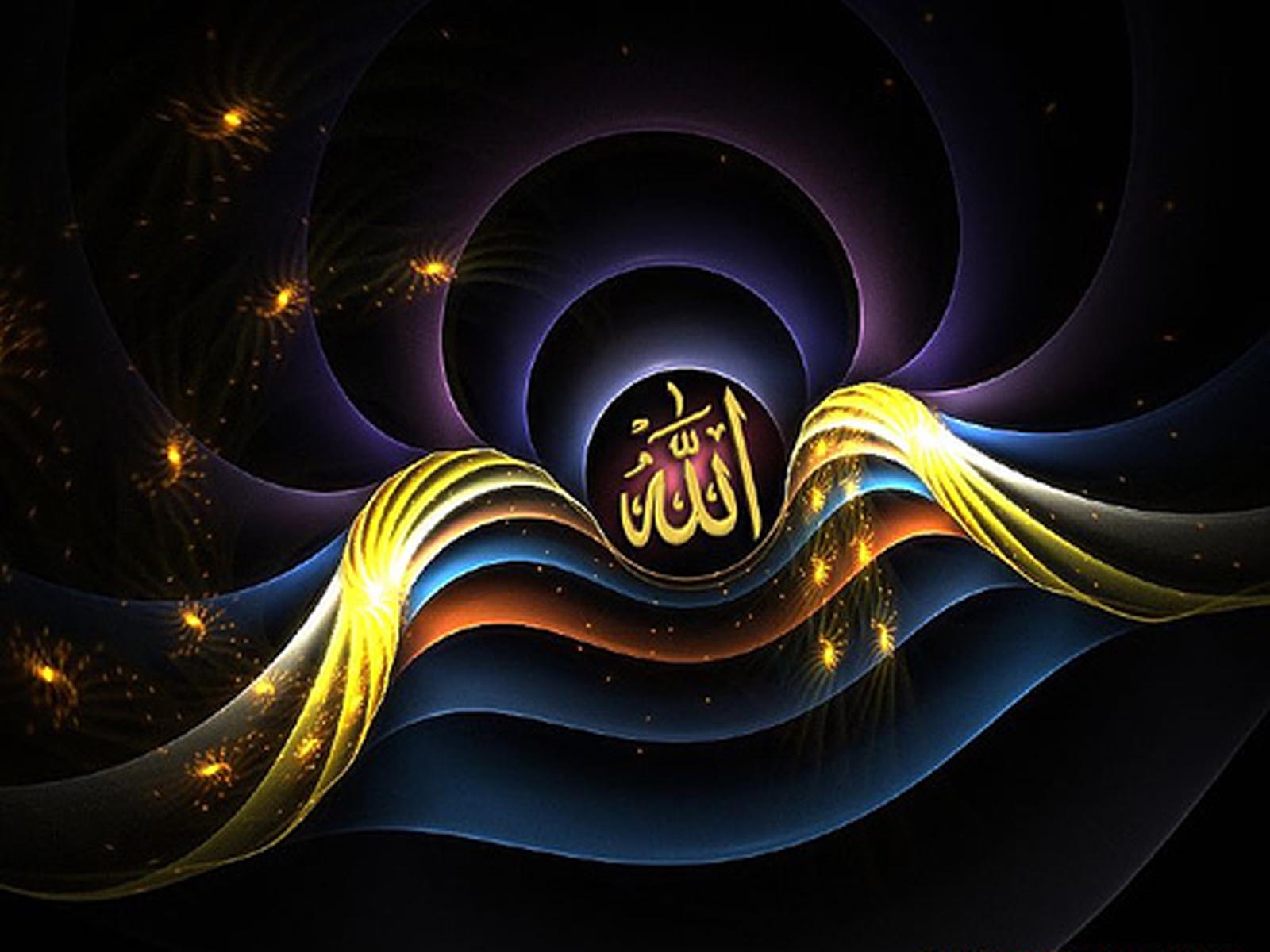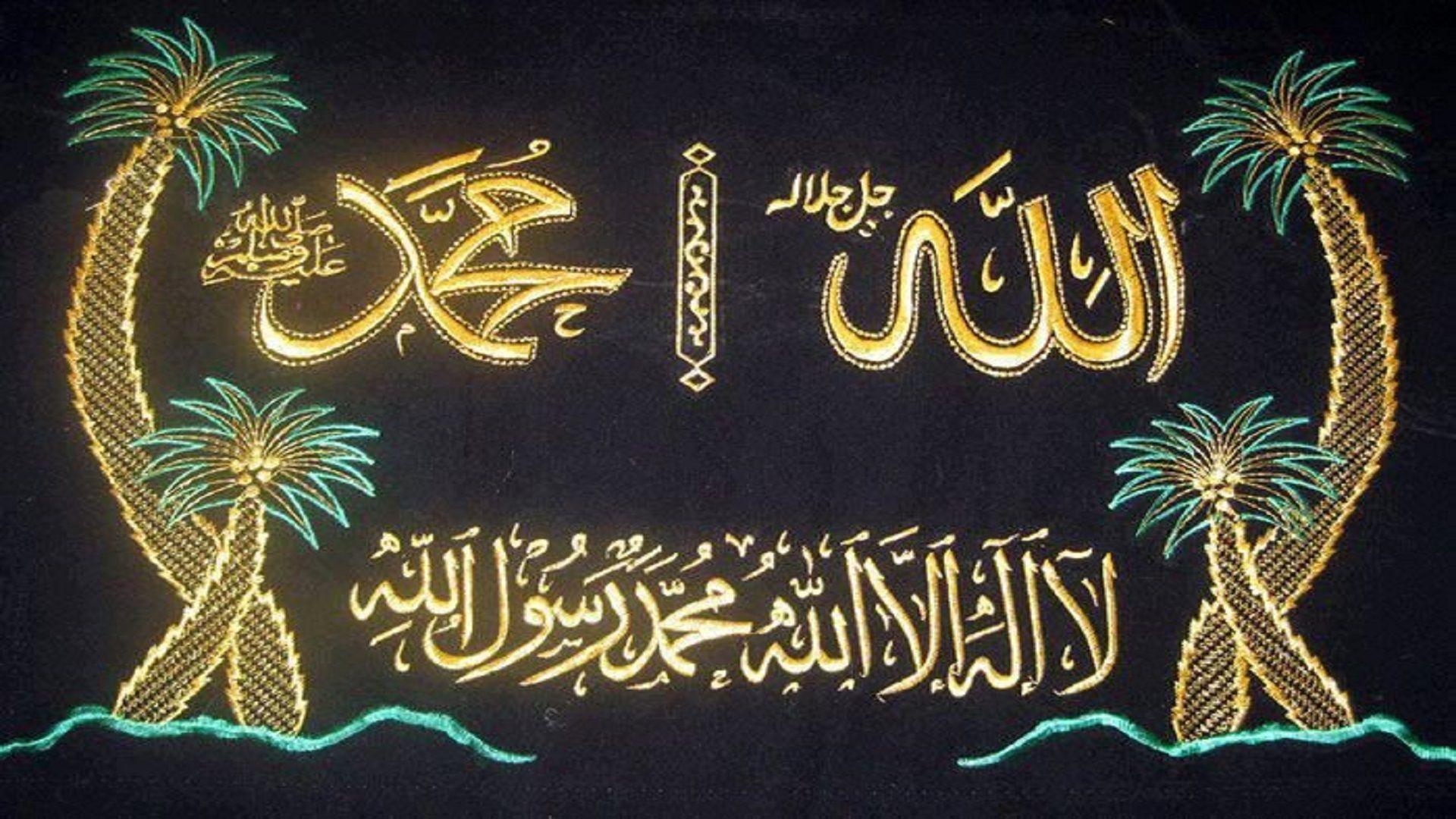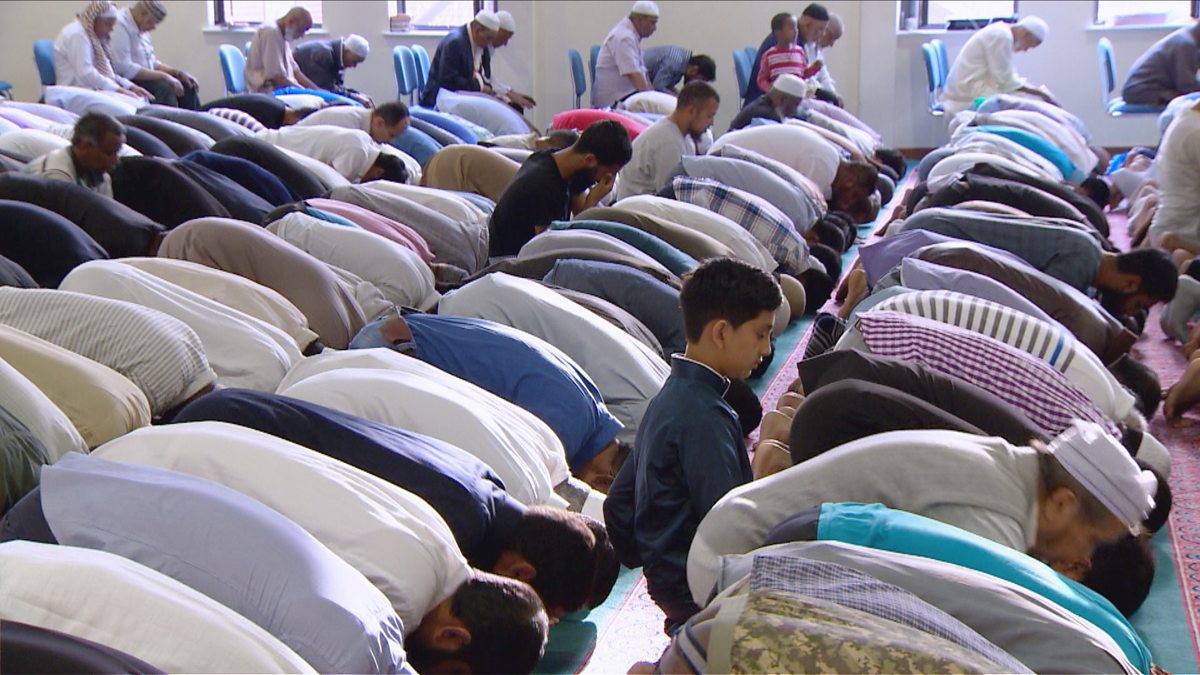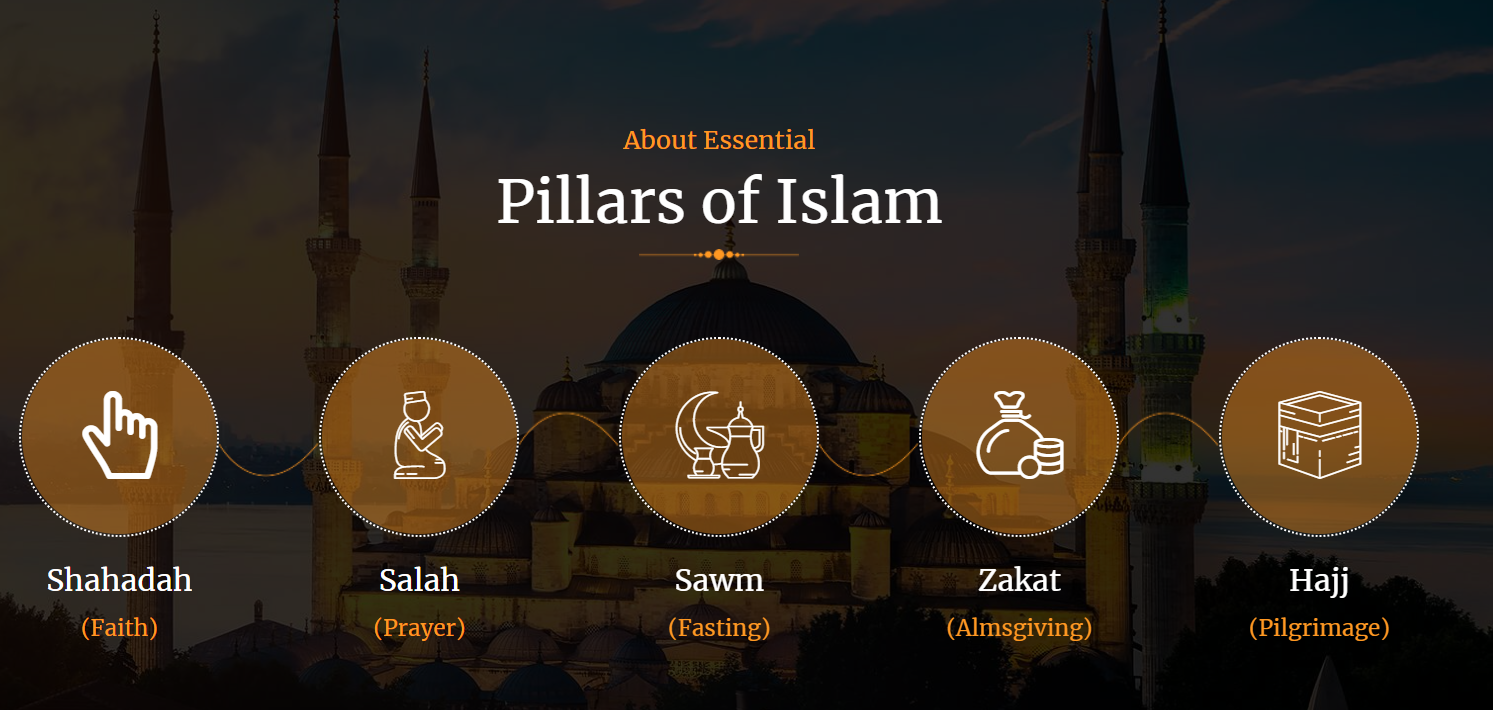Allah has described Himself in the Quran through His Names and Attributes. Muslims believe that studying these Names and Attributes is one of the most effective ways of strengthening one’s relationship with God. Each Name and Attribute nourishes a kind of consciousness and humility in man and their study leads one to constantly better their actions.
“The most beautiful names belong to Allah: so call on Him by them.” (Quran, 7:180)
Muslims are asked to call upon God during their supplications by the most appropriate names that relate to what they are asking for. For example, if one is seeking forgiveness from God for a sin they have committed, they would call upon Him by His name “Al-Ghaffar,” meaning “The Ever Forgiving.” If one is asking for peace and tranquility in their life while experiencing a period of tension, they would call on God by His name “As-Salaam,” meaning “The Ultimate Source of Peace.”
The table below captures an approximate translation of Allah’s names. We have chosen to provide some commentary on His names relating to Mercy. However, each of the names listed could be the subject of its own article.
God’s Names Relating to Mercy
The primary Names of Allah specifically dealing with Mercy are Ar-Rahman and Ar-Rahim. These two names frequently occur together in the Qur’an. They are both derived from the same root word rahmah which means mercy and also has elements of sympathy, kindness, gentleness, compassion and love intertwined with it. As with all the Names of Allah, these are Names of majesty and perfection. Allah therefore manifests these qualities to the most perfect level with His Creation. Ar-Rahman signifies a flood of mercy that covers us and is endless.
The mercy we see in this world which Allah has put among His Creation is just a hundredth of all His Mercy. Examples of mercy that we see in His creation includes the love a mother has for her child (human and otherwise), the eyes with which we are able to see, the food which we are provided to consume, the generosity and kindness we show to others.
Can we image what life would be like if these things, that we often take for granted, did not exist? When we realize that this is only a small portion of His Mercy, we learn to better appreciate (although we cannot comprehend) the extent of His Mercy. The other 99 parts are for the Day of Judgment and the Hereafter, when God provides shade for the believers, makes their accounting easy, and admits them to Paradise.
God’s Mercy comes before and prevails over His Anger. We take refuge in His Mercy from His Wrath.







.jpg)





.jpg)
Comments 0